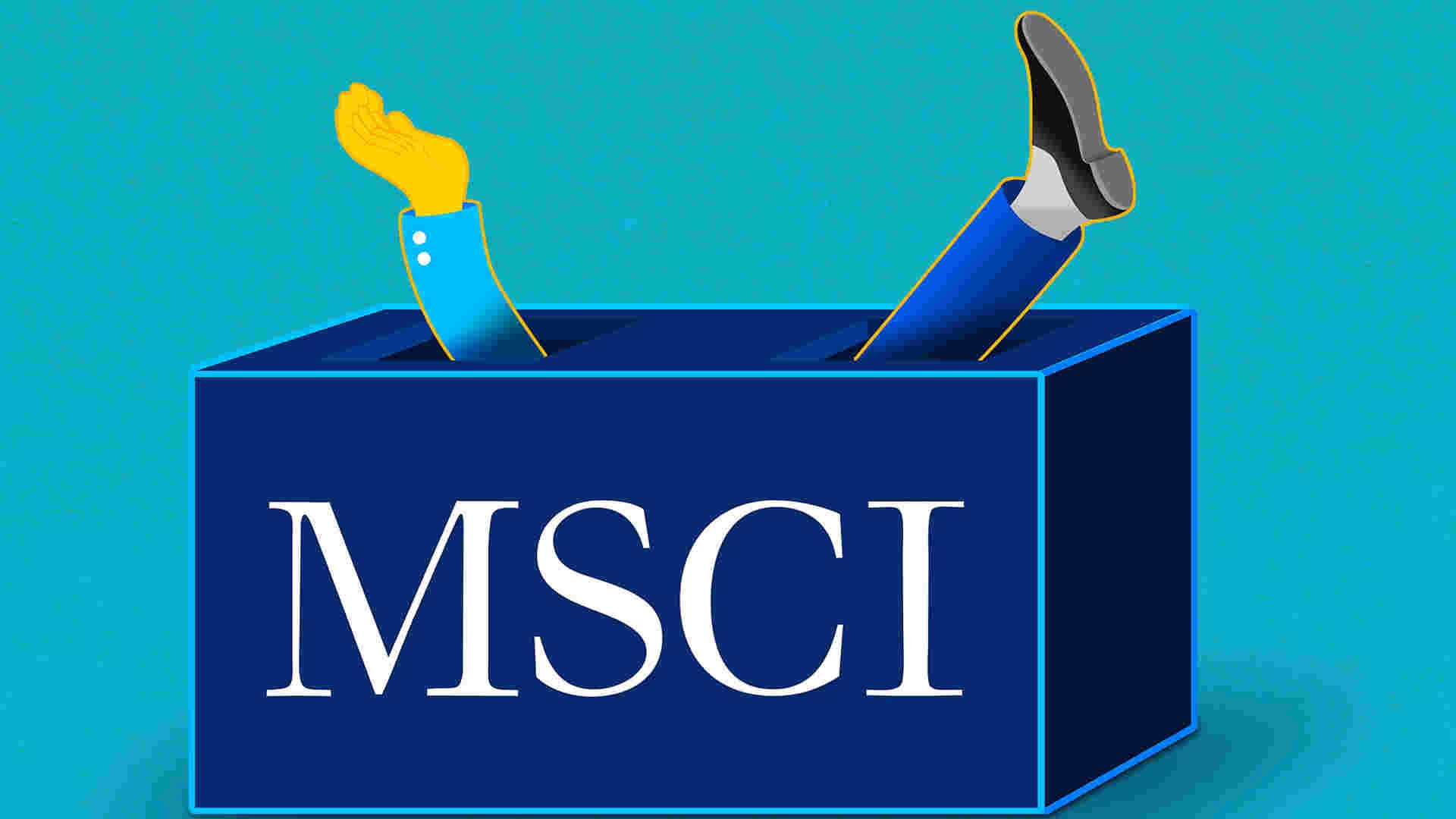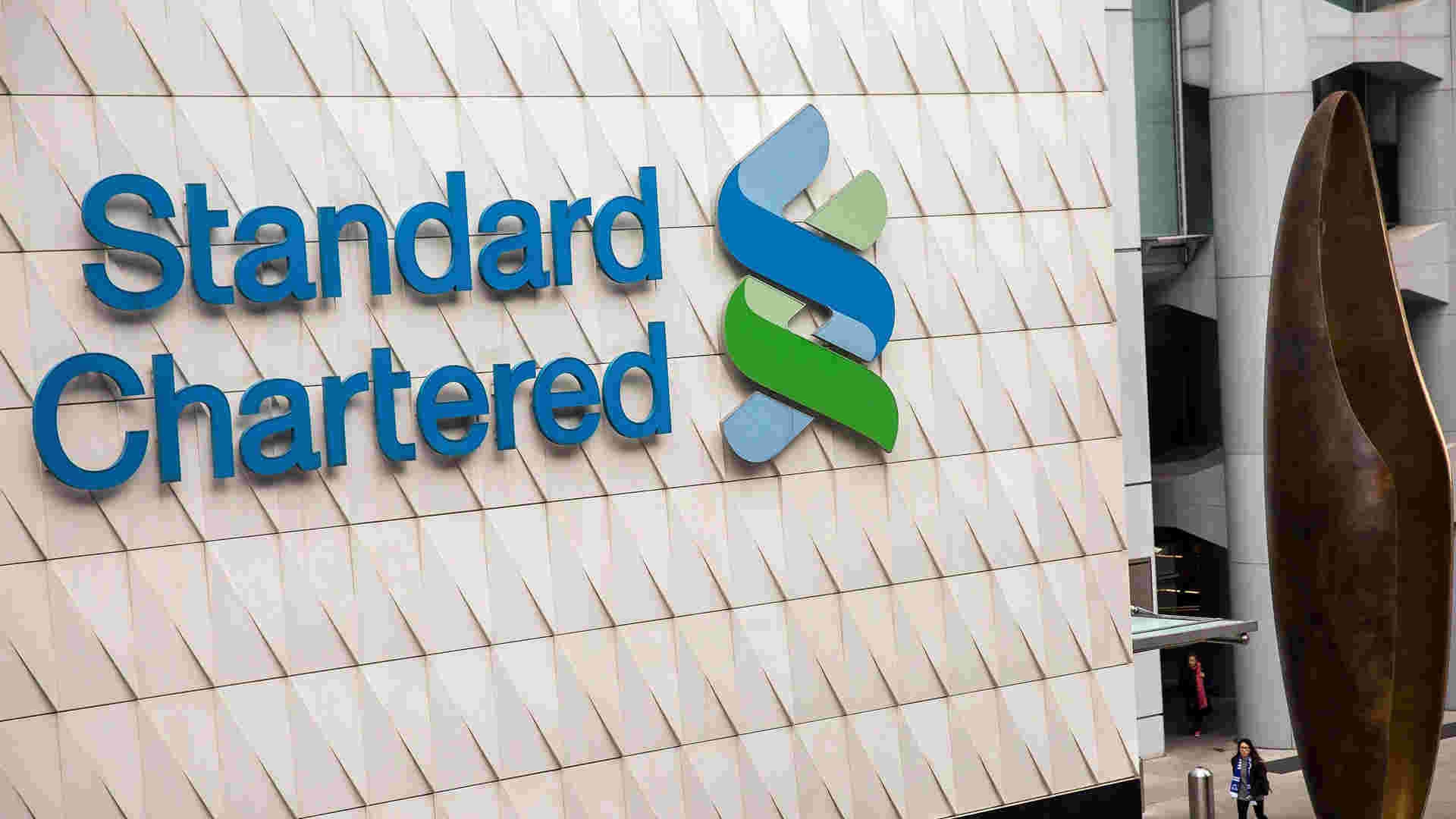
Business
19:18, 18-Aug-2017
MSCI to set tougher rules for suspended A-shares
By CGTN's Xu Xinchen

Morgan Stanley Capital International (MSCI) has modified the roster of China stocks which will list beginning next June, two months after the index provider included A-shares into its emerging markets listings.
The company added more requirements for China stocks to be included, so might this slow down the full inclusion of China's A-shares?
MSCI announced last week it will add six securities to its China A Index and delete three as part of a quarterly index review. Focus Media Information Technology, Giant Network Group and First Capital Securities are the three largest additions.
As the three deleted stocks have recently suspended trading, MSCI required stocks included in its indexes to stay active for at least 80 percent of trading days each year.

VCG Photo
VCG Photo
The index provider has been proposing even tougher rules over prolonged suspension for China A-shares, excluding A-share stocks that have suspended trading for over 50 days within a 12-month-period.
The deleted stocks will not be considered for re-listing for at least one year.
Experts said the rule was being imposed because of frequent voluntary trade halts by listed Chinese companies.
“The difference now is the one year ban on re-entry,” said Ethan Wang, head of investment strategy and wealth management of Standard Chartered China. “It has not set that ban up in other markets, and that can be interpreted as a warning to China's A-shares which have often chosen to suspend trading. Now the MSCI wants those firms to think more carefully about voluntary trade suspensions.”

VCG Photo
VCG Photo
MSCI changed and updated stocks included in its indexes quarterly based on the capitalization of each stock as well as other factors, and investors following the China A-shares have been watching carefully whether Chinese public companies can live up to international standards.
“Overall, that is quite a good development for China and for China's markets," said Jonathan Ha, CEO of Red Pulse. "Because with those further requirements, it is going to make those companies increase their reporting and corporate governance and their quality of operation,”

SITEMAP
Copyright © 2018 CGTN. Beijing ICP prepared NO.16065310-3
Copyright © 2018 CGTN. Beijing ICP prepared NO.16065310-3